Publications
Articles, publications, books, tools and multimedia features from the U.S. Institute of Peace provide the latest news, analysis, research findings, practitioner guides and reports, all related to the conflict zones and issues that are at the center of the Institute’s work to prevent and reduce violent conflict.

La guerra entre Israel y Hamas divide a América Latina a través de líneas partidistas
A medida que aumentan las bajas civiles en el conflicto entre Israel y Hamás, muchos líderes latinoamericanos están intensificando sus críticas al gobierno israelí. Bolivia recientemente se convirtió en el primer país en romper relaciones con Israel; Chile, Colombia y Honduras llamaron a sus embajadores para consultas; y diplomáticos de Argentina, Brasil y México han condenado a Israel por su violencia, exigiendo un cese inmediato de las hostilidades.

Israel-Hamas War Divides Latin America Along Partisan Lines
As casualties mount in the Israel-Hamas conflict, many Latin American leaders are intensifying their criticism of the Israeli government. Bolivia recently became the first country to sever ties with Israel; Chile, Colombia and Honduras recalled their ambassadors for consultations; and diplomats from Argentina, Brazil and Mexico have blasted Israel for the bloodshed, calling for an immediate end to hostilities.

Sameer Lalwani on the G20 Summit
At the G20 summit, the United States should focus on engaging with the Global South. “A lot of these countries are worried about bread-and-butter issues,” says USIP’s Sameer Lalwani. “In the absence of U.S. leadership at an institutional level … there’s going to be other actors that fill that vacuum.”
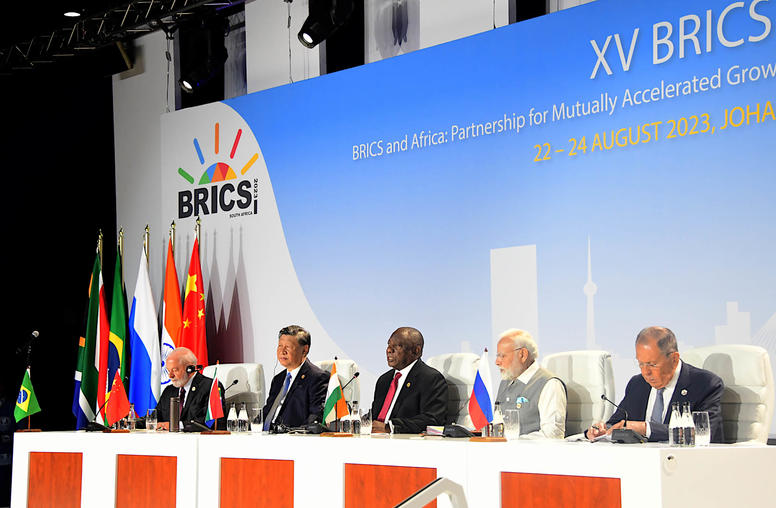
What BRICS Expansion Means for the Bloc’s Founding Members
After more than 40 countries expressed interest in joining, the question of whether BRICS would admit new members was finally answered during the group’s summit last week. Despite pre-summit reports of division over the potential expansion, leaders from the five-nation bloc announced that Saudi Arabia, Iran, Ethiopia, Egypt, Argentina and the United Arab Emirates (UAE) would join the group starting in 2024.

Henry Tugendhat on the Geopolitical Impact of BRICS Expansion
The expansion of BRICS is a significant step in the bloc’s push to counterbalance the Western-led international order. But as a consensus-based group, “the question remains to what extent will they agree on what [that] alternative world order might look like,” says USIP’s Henry Tugendhat.
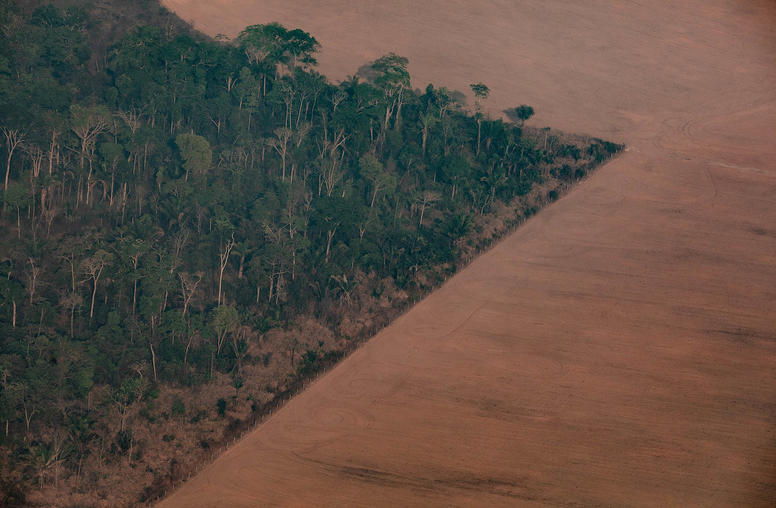
To Protect the Amazon, Target Transnational Criminal Networks
Earlier this month, Brazilian President Luiz Inacio Lula da Silva, often referred to as “Lula,” resurrected the moribund Amazon Cooperation Treaty Organization (ACTO) with the group’s first summit in 14 years. Originally formed in 1995, ACTO was intended as a regional forum for its eight member-states to coordinate efforts to protect the Amazon rainforest. But prior to this month's meeting in Belém, Brazil, the organization had been mostly dormant since Lula’s first stint as Brazil’s president ended in 2010.
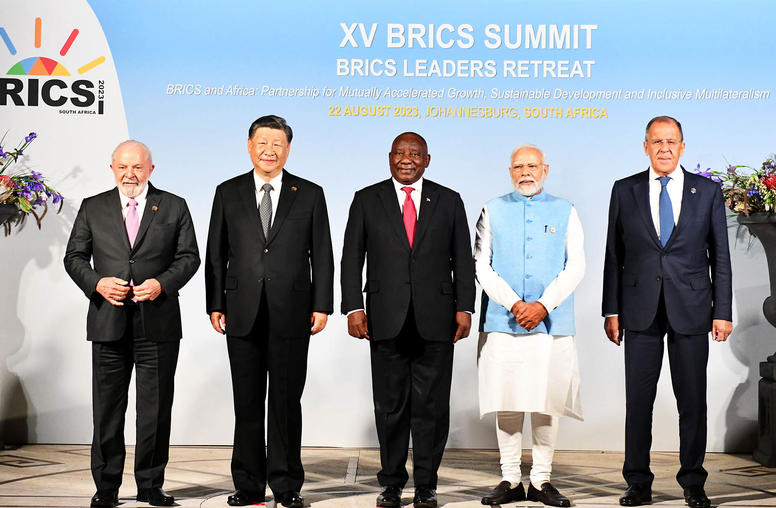
Why the BRICS Summit Could Be a Big Deal
The leaders of the so-called BRICS (Brazil, Russia, India, China and South Africa) are gathering in Johannesburg this week in what is likely to be pivotal meeting for the bloc’s trajectory. Russian President Vladimir Putin will not be attending due to an International Criminal Court warrant. But Moscow and Beijing will be pushing for the group’s expansion in a bid to strengthen the bloc as an alternative to the U.S.-led liberal international order. Over 40 countries have applied to join. But there is division within the five members. Brazil and India fear that expansion will dilute their influence and impact their nonaligned foreign policies.
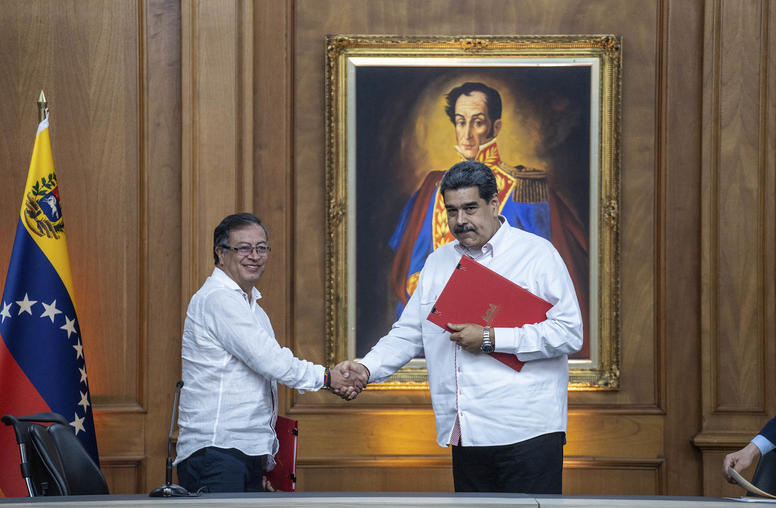
Brazil and Colombia Need to Step Up on Venezuela’s Crisis
Developments in Venezuela over the past few weeks have provided reason for both deep pessimism and guarded hope that the country’s presidential election next year could help resolve its political crisis and advance a democratic transition.
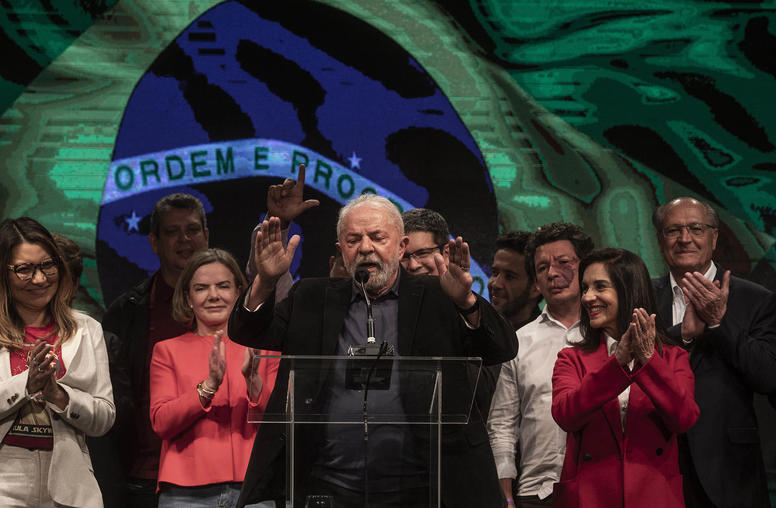
Lula busca reactivar la cooperación regional – pero tiene detractores
Como líder de Brasil, el país más grande de Sudamérica – tanto en términos de tamaño, población y PIB – el presidente Luiz Inácio Lula da Silva tiene una enorme influencia, así como una ambición de igual escala. Tras seis meses de su tercer mandato (luego de 12 años de ausencia), el gregario líder brasileño – conocido a nivel mundial simplemente como "Lula" – ha saltado de nuevo con ansias al escenario mundial, mostrándose como el líder del Sur Global.

Brazil’s Lula Looks to Revive Regional Cooperation — But He’s Got Critics
As the leader of Brazil, South America’s largest country — biggest by far in area, population and GDP —President Luiz Inácio Lula da Silva has enormous clout and the ambition to match. Six months into his third term in office (after a 12-year absence) the gregarious Brazilian leader — known around the world simply as “Lula” — has jumped eagerly back onto the world stage as a champion of the Global South.